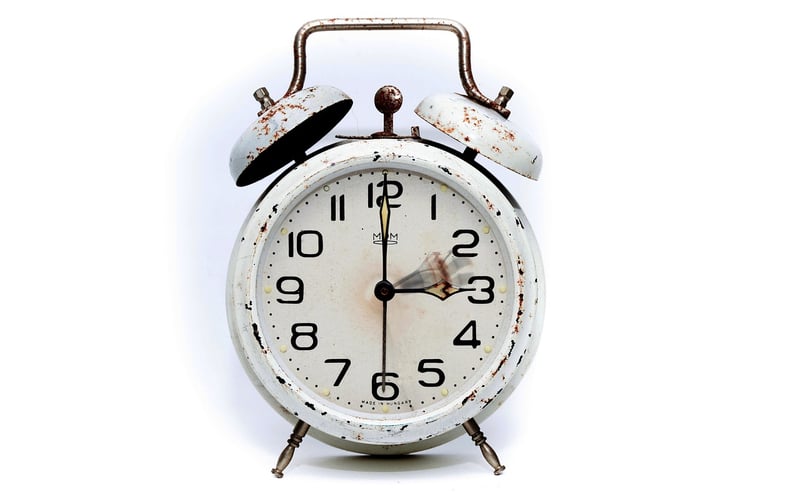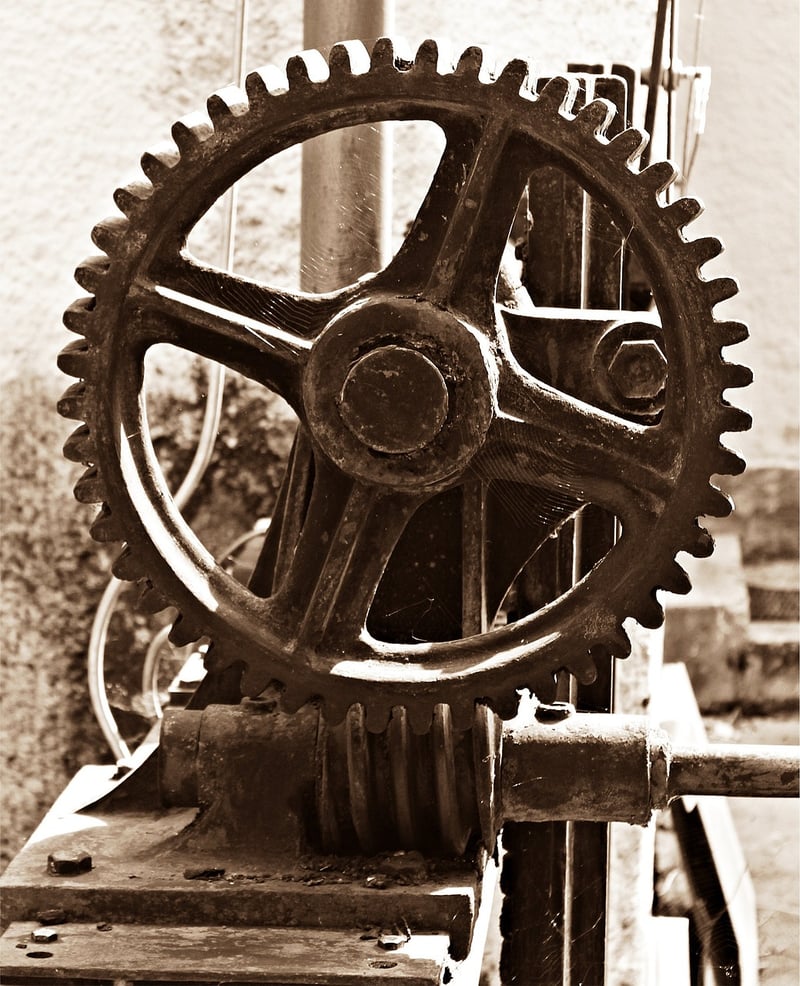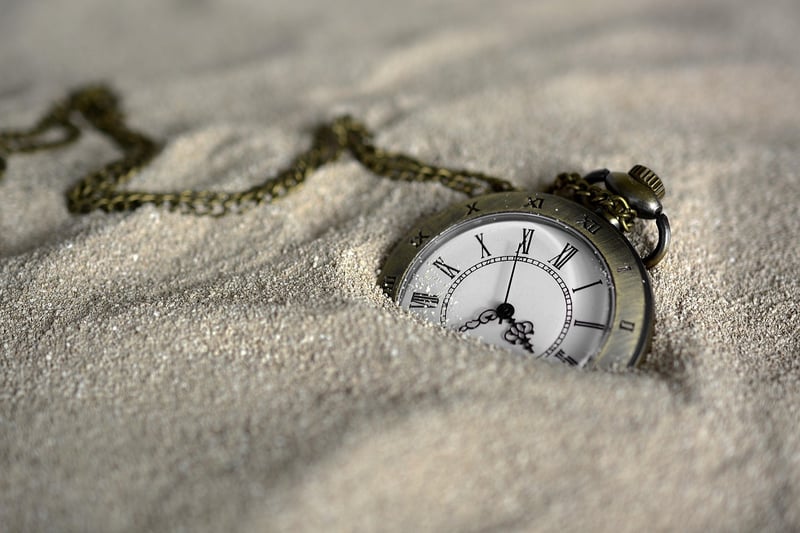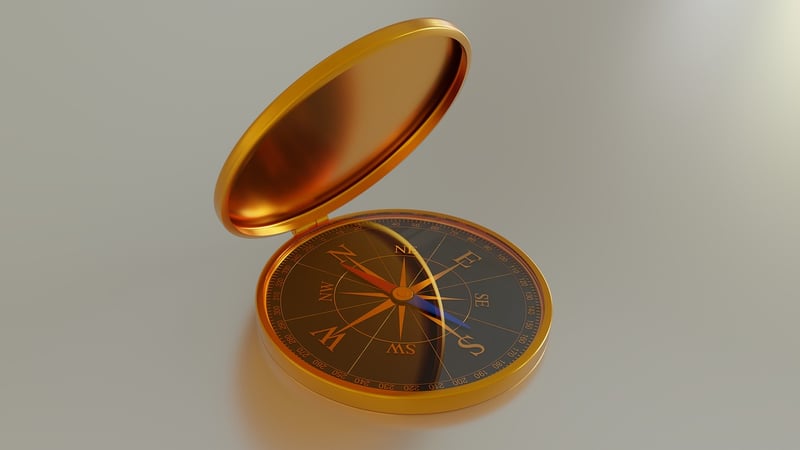Historical Devices
Tools for Time Travel and Historical Devices
Introduction
Time travel has captivated people's imaginations for centuries, leading to a myriad of theories and fictional stories. While time travel remains a concept confined to the realm of science fiction, there are several historical devices and modern tools that have been associated with the idea of traversing through time.
Ancient Sundials
Ancient civilizations used sundials to tell time based on the position of the sun. While not a tool for time travel per se, sundials played a crucial role in tracking the passage of time and scheduling daily activities.

Antikythera Mechanism
The Antikythera Mechanism, discovered in a shipwreck off the coast of Greece, is an ancient Greek analog computer believed to have been used for astronomical predictions. This intricate device is often referred to as the world's oldest known geared mechanism.

Modern Clocks
Clocks have evolved significantly over the centuries, from mechanical clocks to quartz crystal oscillators and atomic clocks. Accurate timekeeping is essential for various fields, including navigation, scientific research, and synchronization of global communication networks.

Theoretical Concepts
While time travel remains a theoretical concept, physicists have explored ideas like wormholes, time dilation, and the theory of relativity to understand the nature of time and the possibility of traversing through it.
Conclusion
Whether through ancient devices like sundials and the Antikythera Mechanism or modern tools like atomic clocks, the fascination with time and its manipulation continues to inspire scientific inquiry and creative storytelling. While time travel may remain a fantastical notion, the exploration of time's nature and measurement has led to significant advancements in our understanding of the universe.
